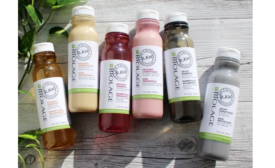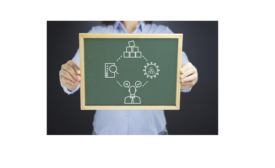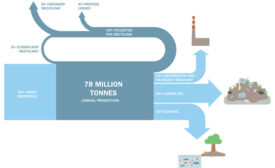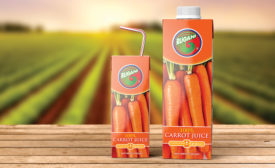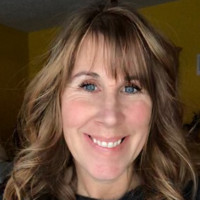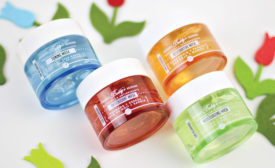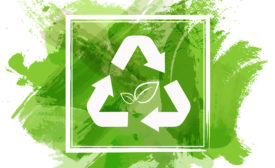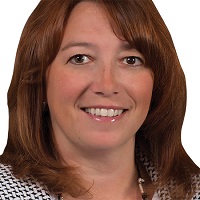Home » recycled materials
Articles Tagged with ''recycled materials''
Materials Technology: Plastic Packaging
Addressing the plastic recycling issue
What innovators can do to help fix the plastics system.
September 19, 2017
Materials Technology: Aseptic Packaging
Aseptic packaging takes a lighter approach
With a strong consumer need for long-lasting product shelf life and healthier foods without preservatives, aseptic packaging has a big job that’s getting smaller.
September 15, 2017
Market Trends: Personal Care Packaging
Personal Care Packaging: Variety over loyalty
Brand loyalty is giving way to e-commerce growth in the segment.
August 16, 2017

